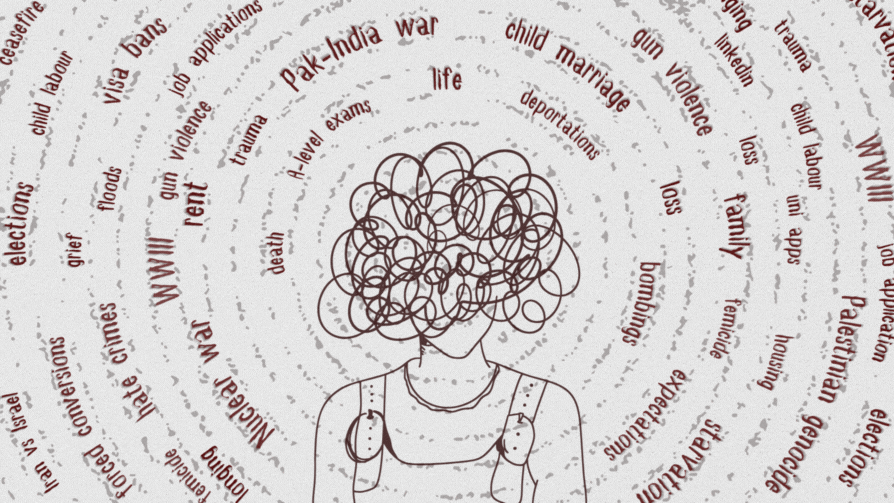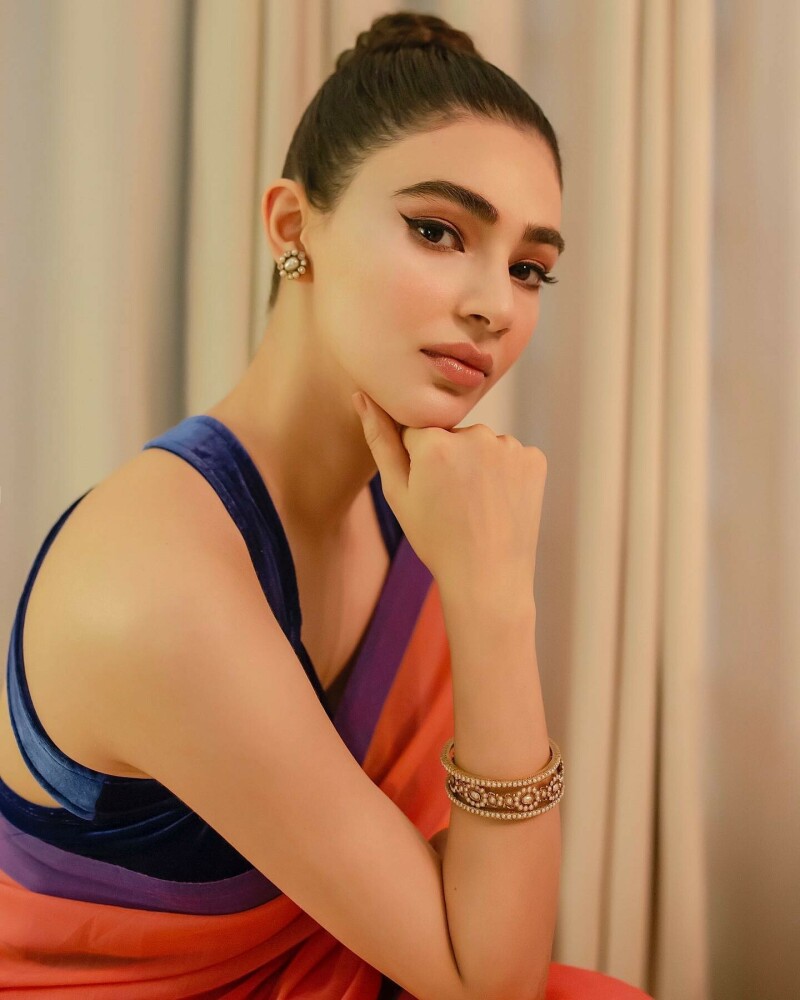‘Do we not have such body types?’: Hareem Farooq on why she decided to ditch the diet for Bismil
Actor Hareem Farooq recently opened up about body shaming and societal pressures while promoting her new TV drama Bismil in a conversation with BBC Urdu.
Discussing how her portrayal of Masooma in the TV serial became an opportunity to challenge beauty standards and normalise diverse body types, she recalled her decision not to go on a crash diet.
Crash diets are incredibly unhealthy ways of losing weight that involve restricting calories and/or excluding certain foods or food groups from your diet with the goal of losing a large amount of weight very fast. They have been linked to a host of health conditions, including weakening your immune system and triggering heart problems.
Farooq also spoke about the constant criticism women face in Pakistan, saying, “Women get to face a lot of criticism here, and I’m not saying the men don’t, but for women — be it your body, your hair, your life, your decisions, your career, or motherhood — everything is criticised.”
The actor highlighted how societal expectations often place women under scrutiny for their physical appearance and personal choices, creating immense pressure to conform.
Before shooting Bismil, Farooq considered a crash diet to quickly lose weight for the role. However, she soon realised the impact it was having on her mental health. She explained that while she had the option to delay the shoot to meet conventional beauty standards, she chose not to.
“Why? Do we not have such body types in our society? In our country? Then why not celebrate different body types?” she asked, questioning the need for media to perpetuate unrealistic ideals.
During the shoot, Farooq also recalled developing psoriasis, which left visible marks on her arms and face. Initially self conscious, she considered covering them up but eventually decided against it.
“I thought, I’m not the only one going through this. Where 50 people would look at my face and complain about my marks, 100 others suffering from the same might regain their confidence knowing that this is very common and happens to the best of us,” she shared.
Recently, Kabhi Main Kabhi Tum star Hania Aamir also spoke about her refusal to cover up her blemishes on screen, unless they were very prominent and distracting from the scene or dialogues. Her intention was also to normalise blemishes and texture instead of perpetuating harmful stereotypes about what real skin looks like.
Farooq’s experience with Bismil also highlights the importance of representation and inclusivity in media. By choosing to show herself as she was she brought attention to the pressures faced by women in the entertainment industry and beyond.














Comments